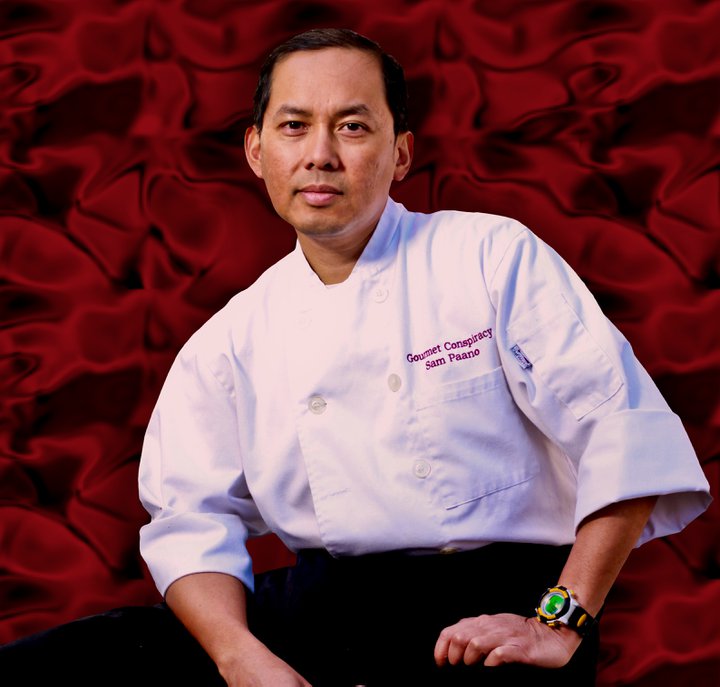The MOOve towards a healthier meat consumption
Last night, Didi was telling me about a news report she saw that morning about a practice called "cow pooling". Based on her description and her recommendation, I started googling and found some great information about the subject.
First of all, cow pooling has nothing to do with transportation or a childhood prank. It is a revived movement driven by determination in addressing the health needs of using grass fed animals as food sources, the economic needs of purchasing organic food (specifically meats) at affordable prices, and the social need of knowing where our food comes from while developing closer relationships with local farmers in the processing of meat products.
Cow Pooling (or Cattle Sharing) is when a group of two or more families pool their funds together to buy a whole cow from a local rancher. They then negotiate amongst each other on the portion of cuts that each family would take. Once the cow or cattle is old enough for slaughter, the local rancher informs the families so that they can have the opportunity to view the process. Of course, this is in general sense and each rancher or farmer have their own restrictions. Additionally, the families can just elect their meats to be vacuum packed and delivered to their houses if they choose to forego witnessing the processing of the animals.
There are great benefits to purchasing meat in this manner:
- Development of a direct working relationship with the source.
- Since the exchange in the transaction is between two parties, the cost of the purchase is much less. Grass fed beef averages out to be about $3 to $5 per pound compared to about $16 at Whole Food stores.
- A healthier option without the sacrifice of omitting meats from your diet (for those meat lovers).
- Personal contribution on the elimination of animal cruelty in factory farms.
As with everything, there's also some disadvantages that is important to keep in mind:
- Takes a large outlay of funds at the time of purchase especially for smaller family groups.
- Takes a large commitment of freezer storage space. A typical side of beef weighs about 250 lbs. If there are four families sharing a cow, that's approximately about 125 lbs. of meat for each.
- Some cuts might not be possible to get based on choices by other familes in the group. For example, if a family want's Porterhouse steaks, that eliminates another family from getting filet and New York cuts since both of these make up the Porterhouse cut.
If you are interested in cow pooling or cattle sharing, you'll have to search for a farmer or rancher offering this service local to your area. One rancher providing this service in Southern California is Megan McDowell of MM Livestock Co located in Wildomar, California. Along with cows, she also sells sheep. The sheep are crossbreeds of Suffolk and Dorper, and the cows are primarily Angus/Semmintal. The meats are Certified Naturally and Humanely Raised, and are U.S.D.A. inspected, graded and processed . They are also hormone, steroid and antibiotic free.
Subscribe to:
Post Comments
(Atom)
Search
About Me

- Chef Sam Paano
- I am the co-owner and founder of Gourmet Conspiracy, a personal chef and catering service based in Lakewood, California. My objective here is to provide open communication about various types of food and their benefits towards our health. As far as my training, I graduated from Kitchen Academy in July 2007 with high honors. I have a great deal of passion about learning the cooking styles and techniques from various cultures and incorporating them in fusion dishes.
House Rules:
Rule #1: You may comment as much and as often as you wish but I have the final decision on what is posted on this site. I have the right to and will delete any material or information entry that I deem inappropriate.
Rule #2: See rule #1.
Rule #3: No shirts - no shoes - no service!
If you have any objections to these rules, get out of my kitchen!
Rule #2: See rule #1.
Rule #3: No shirts - no shoes - no service!
If you have any objections to these rules, get out of my kitchen!



0 comments:
Post a Comment